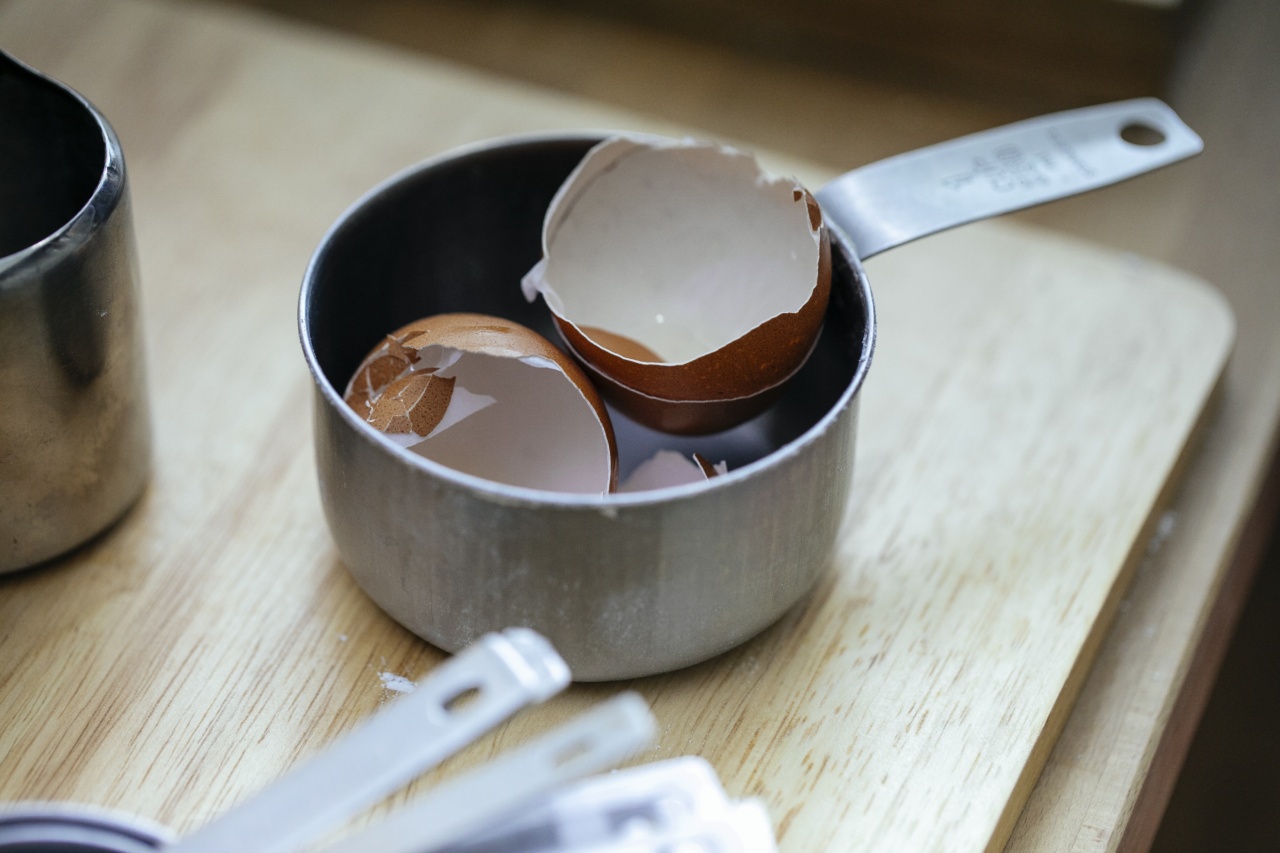When it comes to oral health, it is not just about brushing and flossing. The types of foods we consume also play a significant role in maintaining healthy teeth and gums.
While many foods contribute to good dental health, there are some that can cause damage to our teeth. In this article, we will explore the top foods that are harmful to our dental health and discuss how they can negatively impact our teeth.
Sugary Drinks
Sugary drinks like soda, fruit juices, and sports drinks are some of the worst offenders when it comes to damaging our teeth. These beverages are high in sugar content, which provides fuel for harmful bacteria in our mouths.
The bacteria convert sugar into acid, which in turn erodes the tooth enamel, leading to tooth decay. Regular and excessive consumption of sugary drinks greatly increases the risk of cavities and tooth sensitivity.
Sticky Candies and Sweets
Sticky candies and sweets, such as caramels, toffees, and gummy bears, tend to stick to the tooth surface for longer periods. This prolonged exposure to sugar can have detrimental effects on dental health.
The sugar acts as a food source for bacteria, promoting the production of acids that attack the enamel and cause tooth decay. Additionally, these candies can also pull out fillings or crowns, leading to further dental complications.
Acidic Fruits
Fruits like lemons, oranges, grapefruits, and tomatoes may seem like healthy choices, but they can be harmful to our teeth due to their high acidity levels. Acidic foods erode the tooth enamel, making the teeth vulnerable to decay and sensitivity.
It is advisable to consume these fruits in moderation and rinse the mouth with water after consuming them to neutralize the acidity.
Citrus Juices
While fruits are generally good for health, citrus juices are an exception when it comes to dental health. Similar to acidic fruits, citrus juices like orange juice and lemonade contain high amounts of citric acid.
Regular intake of these juices can weaken the enamel, leading to dental erosion and increased tooth sensitivity. It is best to drink such juices through a straw to minimize contact with the teeth and rinse the mouth afterward.
Caffeinated Beverages
Caffeinated beverages like coffee and tea are popular choices for many individuals, but they can contribute to tooth staining and discoloration. The dark pigments in these drinks can cling to the enamel, resulting in unsightly stains.
Regular consumption of coffee and tea without proper oral hygiene can lead to the yellowing of teeth over time. It is recommended to use a straw or brush teeth after consuming these beverages to minimize staining.
Alcohol
Excessive alcohol consumption, particularly high-sugar alcoholic drinks and cocktails, can negatively impact dental health. Alcohol tends to dry out the mouth, reducing saliva production.
Saliva plays a crucial role in protecting teeth by washing away food particles and neutralizing acids. Dry mouth increases the risk of tooth decay and gum disease. Moreover, alcohol consumption can lead to dehydration, contributing to bad breath and gum problems.
Carbonated and Energy Drinks
Carbonated drinks like soda and energy drinks are double trouble for dental health. These beverages contain not only high levels of sugar but also carbonation and phosphoric acid.
The carbonation increases the acidity in the mouth, while phosphoric acid erodes tooth enamel. The combination of sugar and acid in these drinks significantly heightens the chances of tooth decay, enamel erosion, and tooth sensitivity.
Crunchy Snacks
Crunchy snacks like potato chips, popcorn, and pretzels may satisfy our cravings, but they are not tooth-friendly. These snacks tend to get stuck in between teeth, providing a breeding ground for bacteria.
The carbohydrates present in these snacks break down into sugars, which are then utilized by oral bacteria to produce harmful acids. Prolonged exposure to these acids can lead to tooth decay and cavities. It is essential to floss and brush after eating crunchy snacks to remove any remains.
Dried Fruits
Dried fruits, such as raisins, prunes, and apricots, may seem like a healthy alternative to candies, but they can cause dental issues. Dried fruits are sticky and high in sugar content, making them adhere to teeth for prolonged periods.
As a result, the sugar released from these fruits feeds bacteria, leading to acid production and tooth decay. It is important to rinse the mouth with water after consuming dried fruits to minimize their negative impact on teeth.
Vinegar-Based Foods
Foods preserved in vinegar, like pickles, can harm dental health. Vinegar is highly acidic and can weaken tooth enamel over time.
Regular consumption of vinegar-based foods can erode the protective layer of enamel, making teeth more susceptible to decay and sensitivity. It is advisable to enjoy these foods as part of a meal rather than eating them as a standalone snack to minimize acid exposure.
Conclusion
While it may be challenging to completely avoid all the foods mentioned above, it is important to consume them in moderation and practice good oral hygiene afterward.
Brushing twice a day, flossing daily, and regular dental check-ups can help mitigate the negative effects of these damaging foods. Additionally, maintaining a balanced diet and incorporating tooth-friendly foods like fresh fruits and vegetables, dairy products, and lean proteins can promote good dental health.


























